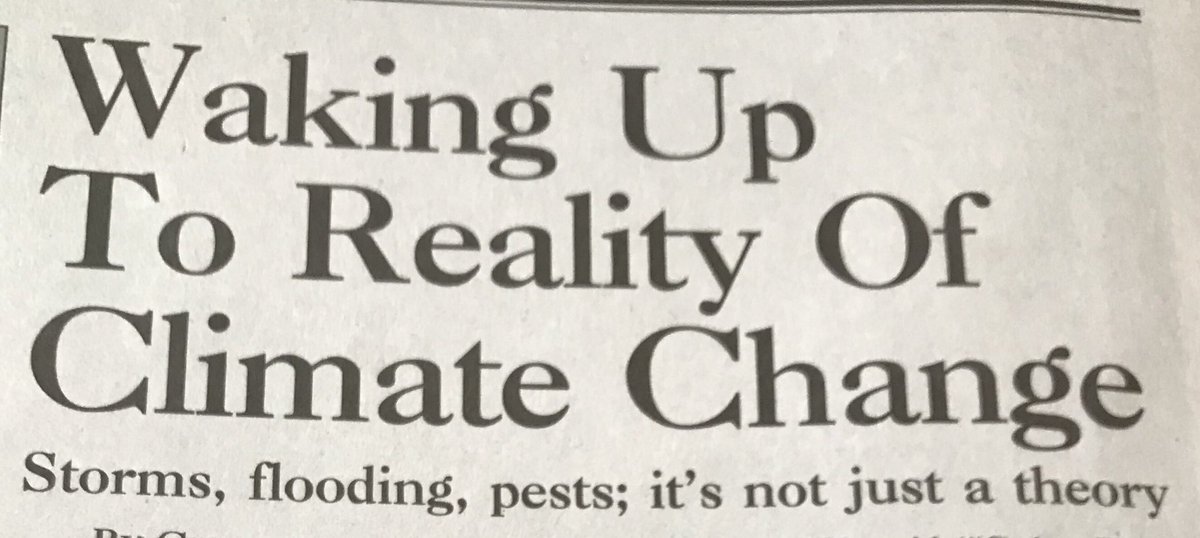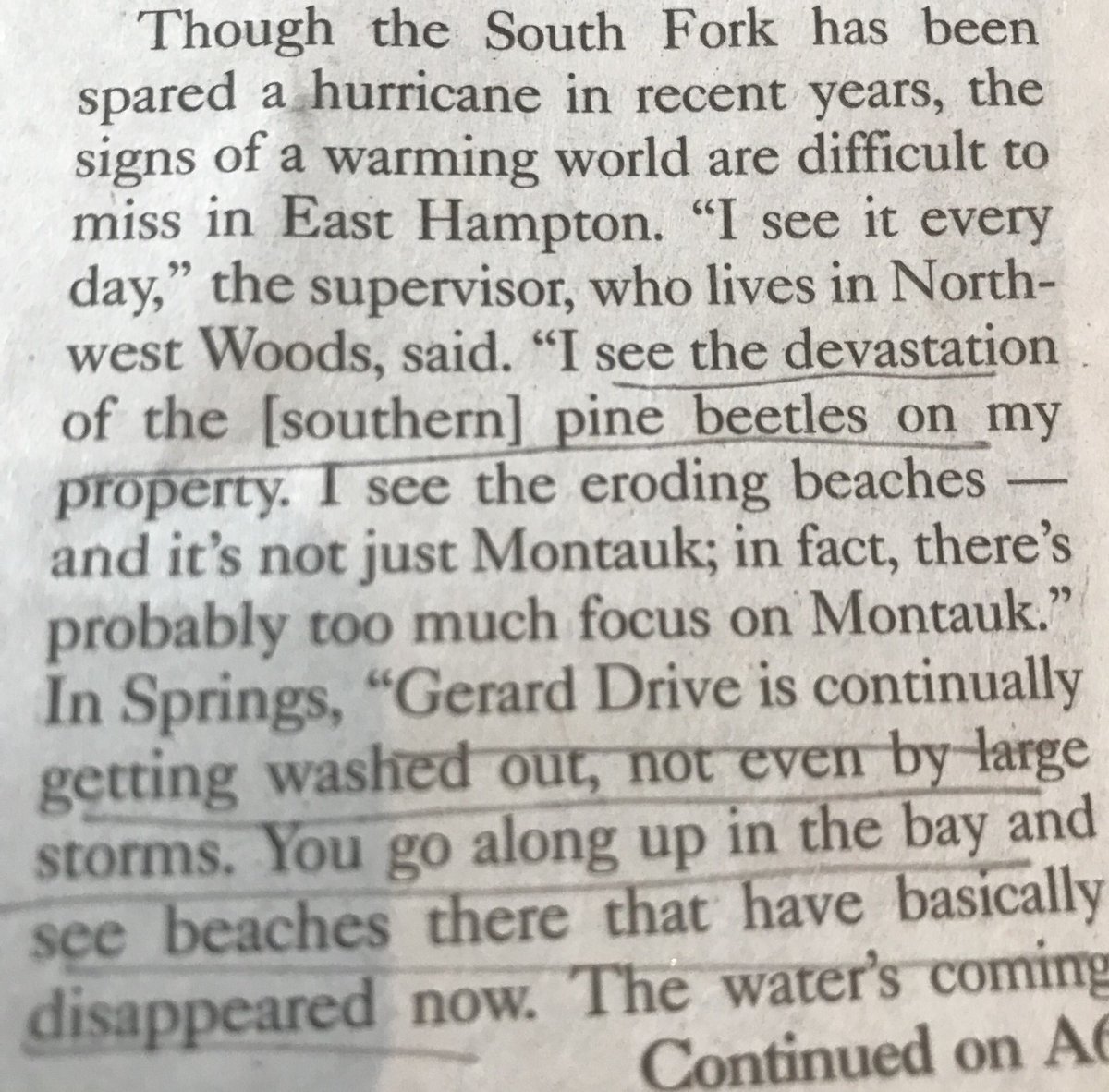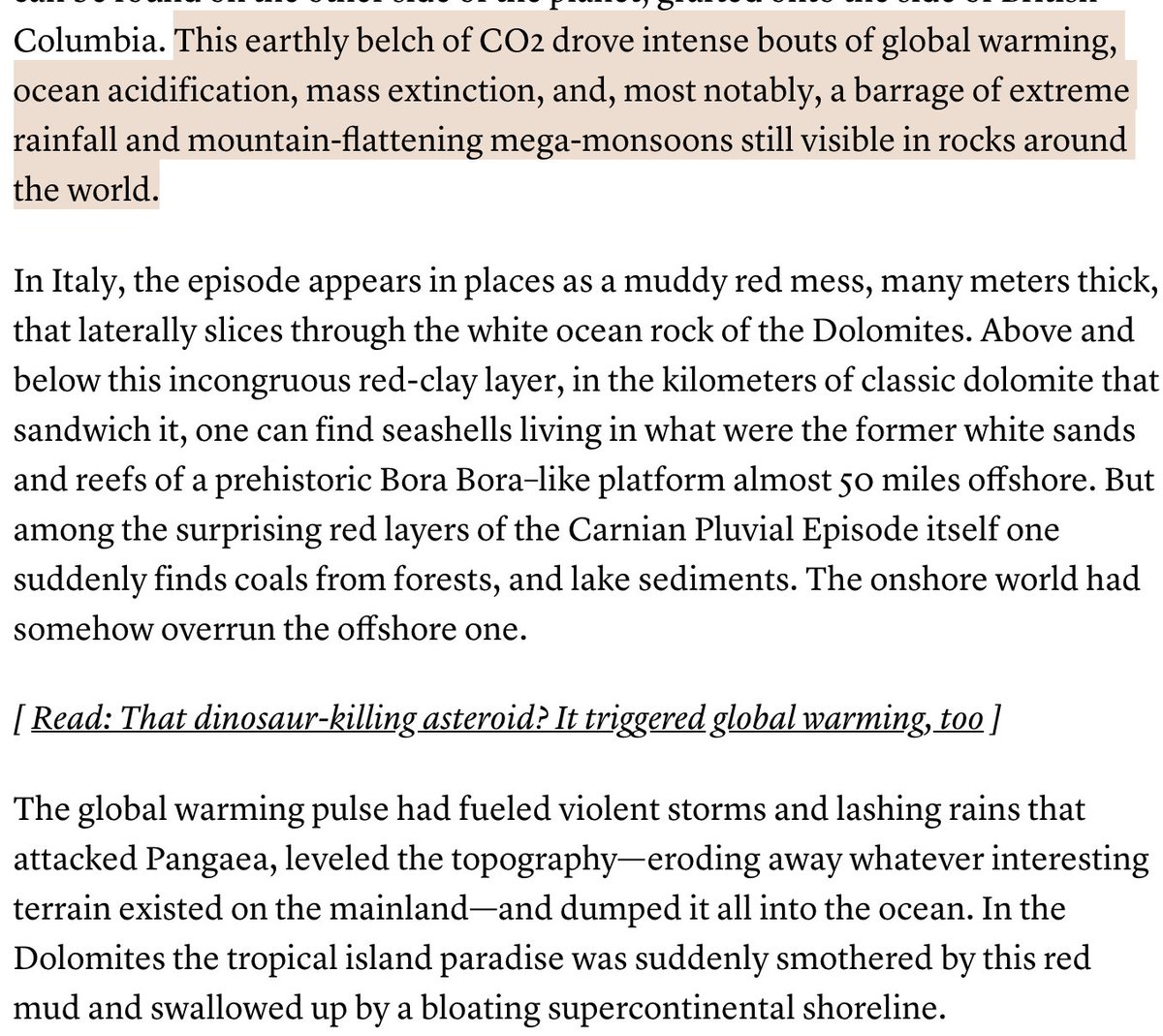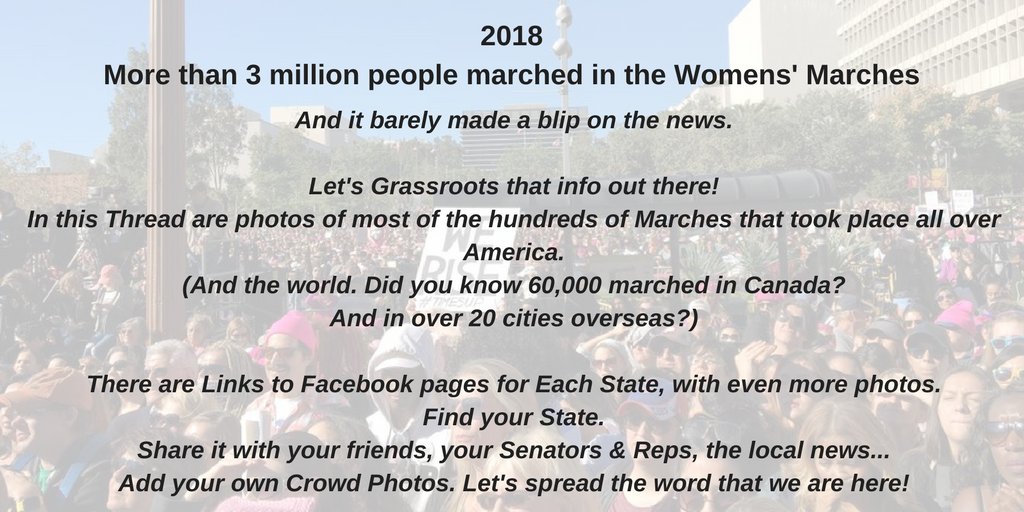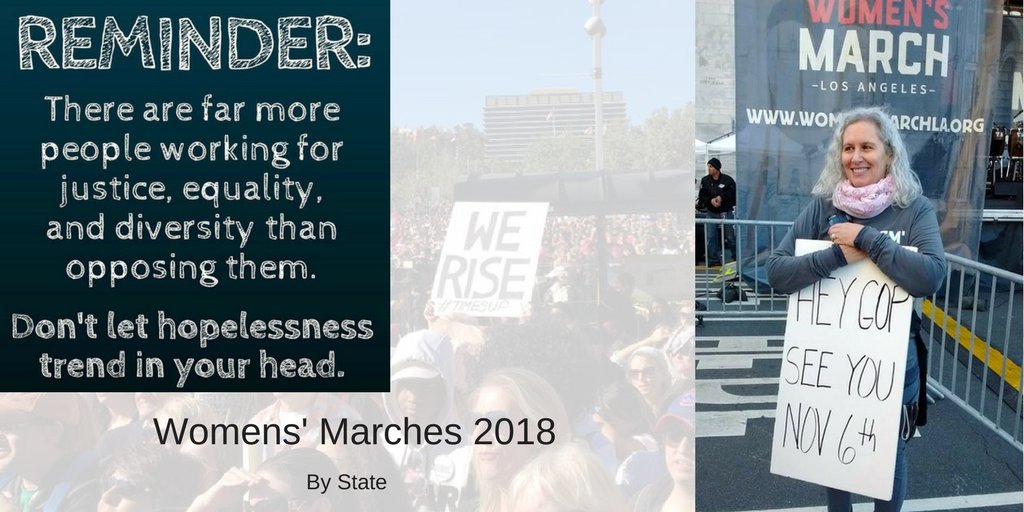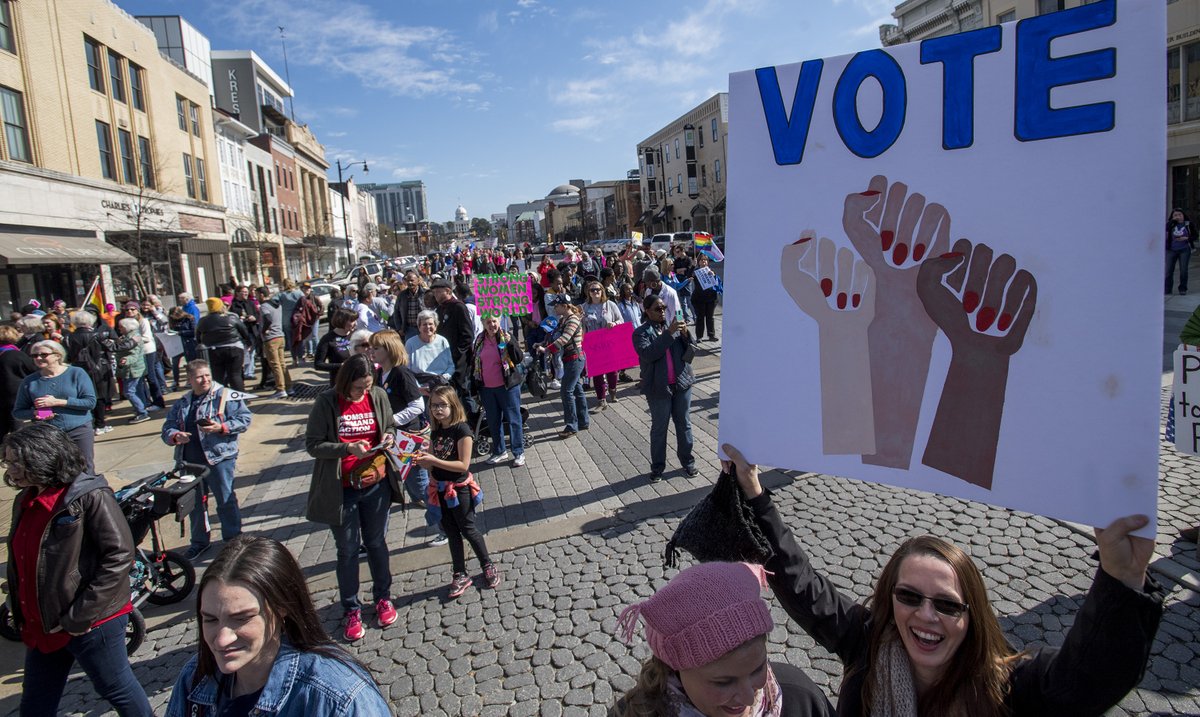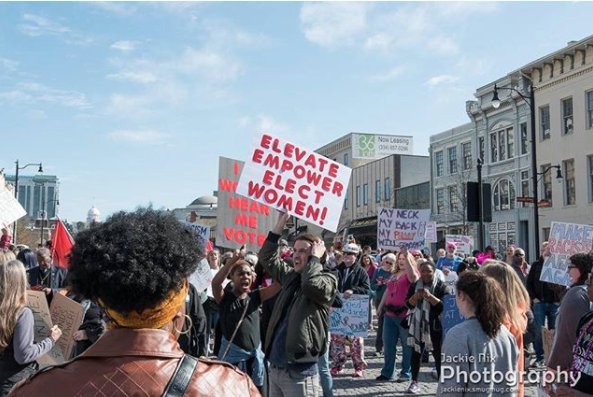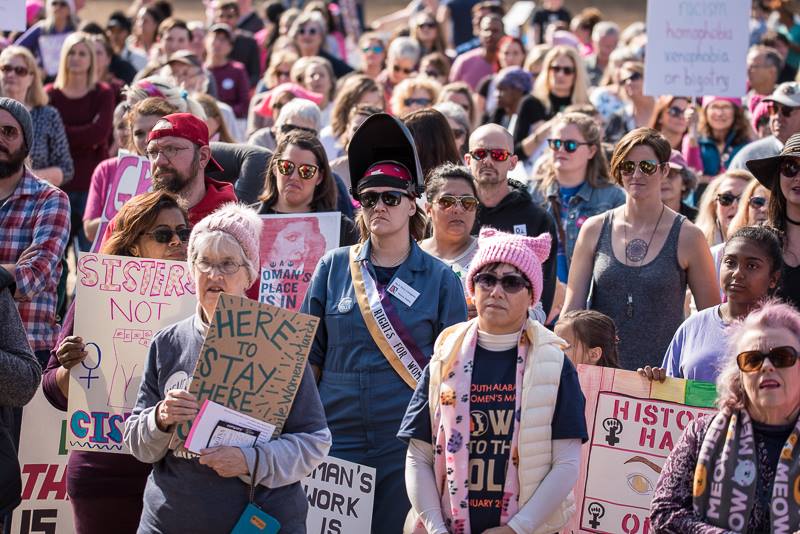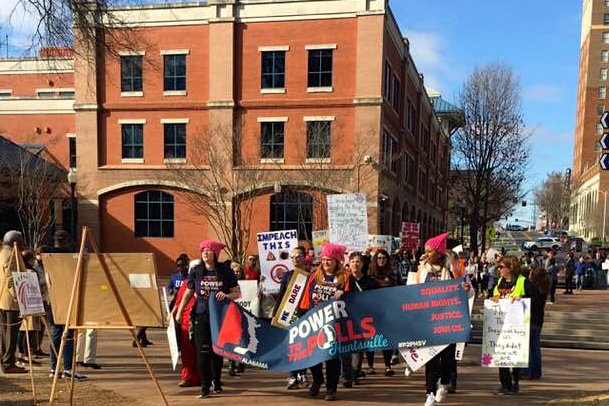[Thread]
2/n
3/n
4/n
5/n
6/n
7/n
8/n
9/n
I think the most important number for climate communicators is the number of people who think that climate change will affect them personally (I learned this from @KHayhoe).
Right now, in America, that number is under 50%. Too low.
10/n
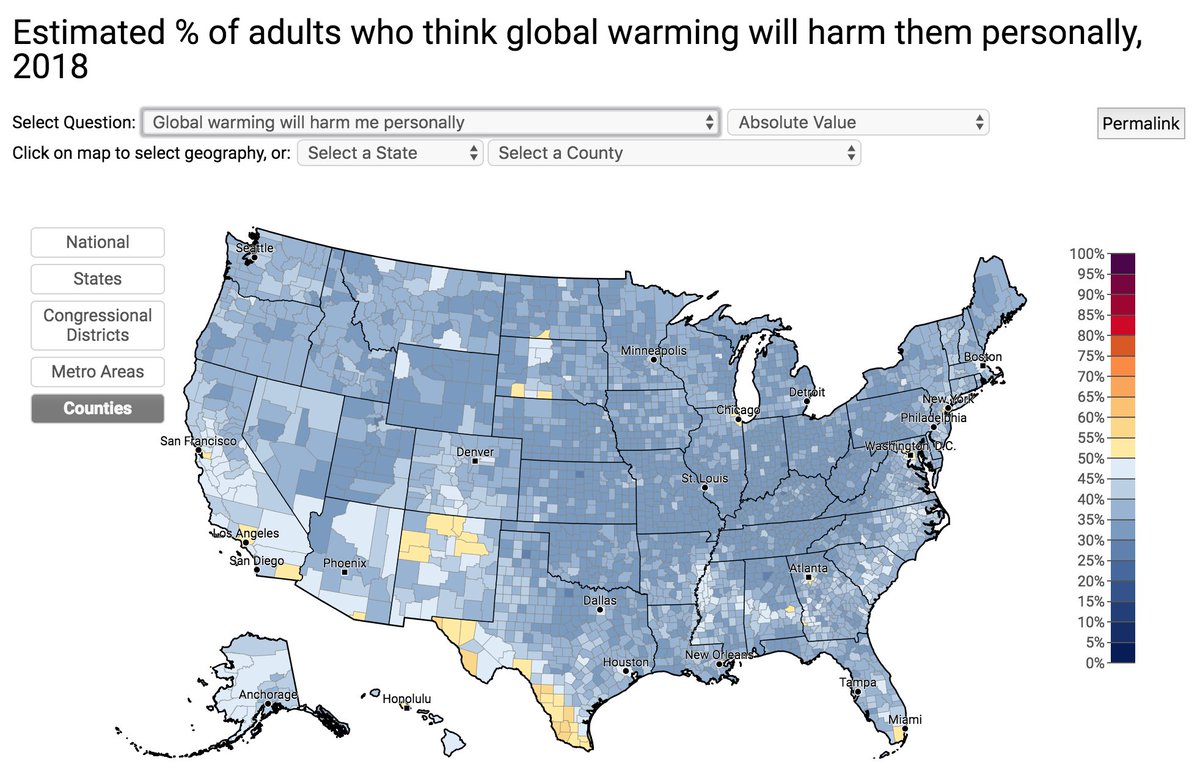
11/n
12/n
13/n
(yes, I understand that the American project was also genocidal, I'm talking political messaging here don't @ me)
and America...
14/n
15/n
1) My ego is under threat.
2) America can restore the safety of my ego.
3) Villains are trying to prevent this restoration.
4) We can make a politics that destroys the villain.
16/n
17/n
2) Story of American ingenuity & leadership (neutralizing the threat).
3) Demonstration that the fossil fuel industry is using every dirty trick in the book to prevent change.
18/n
/fin


